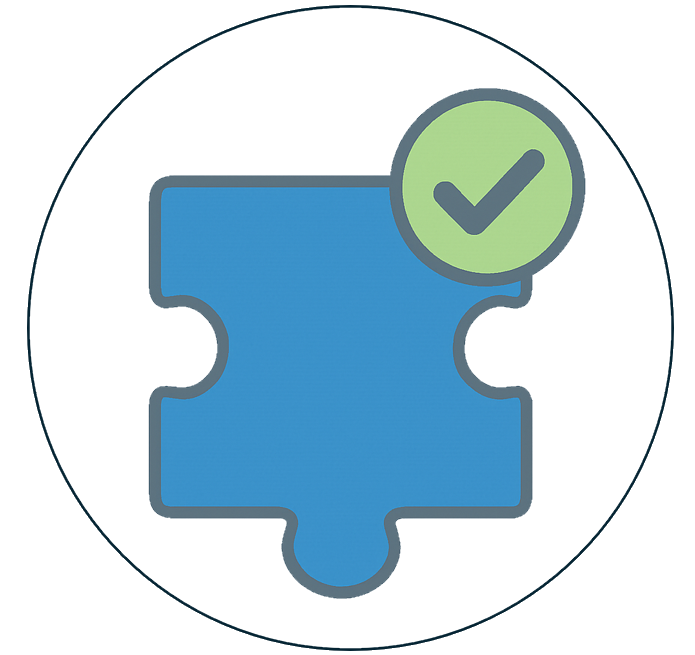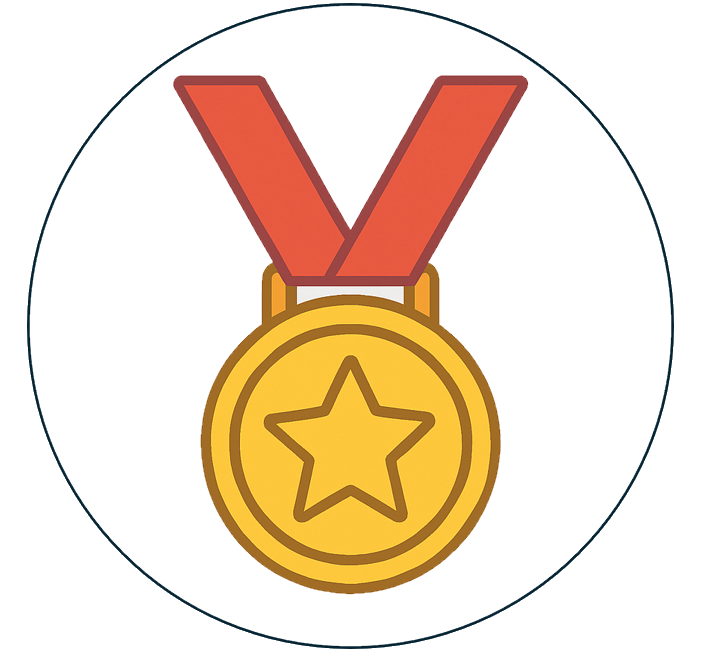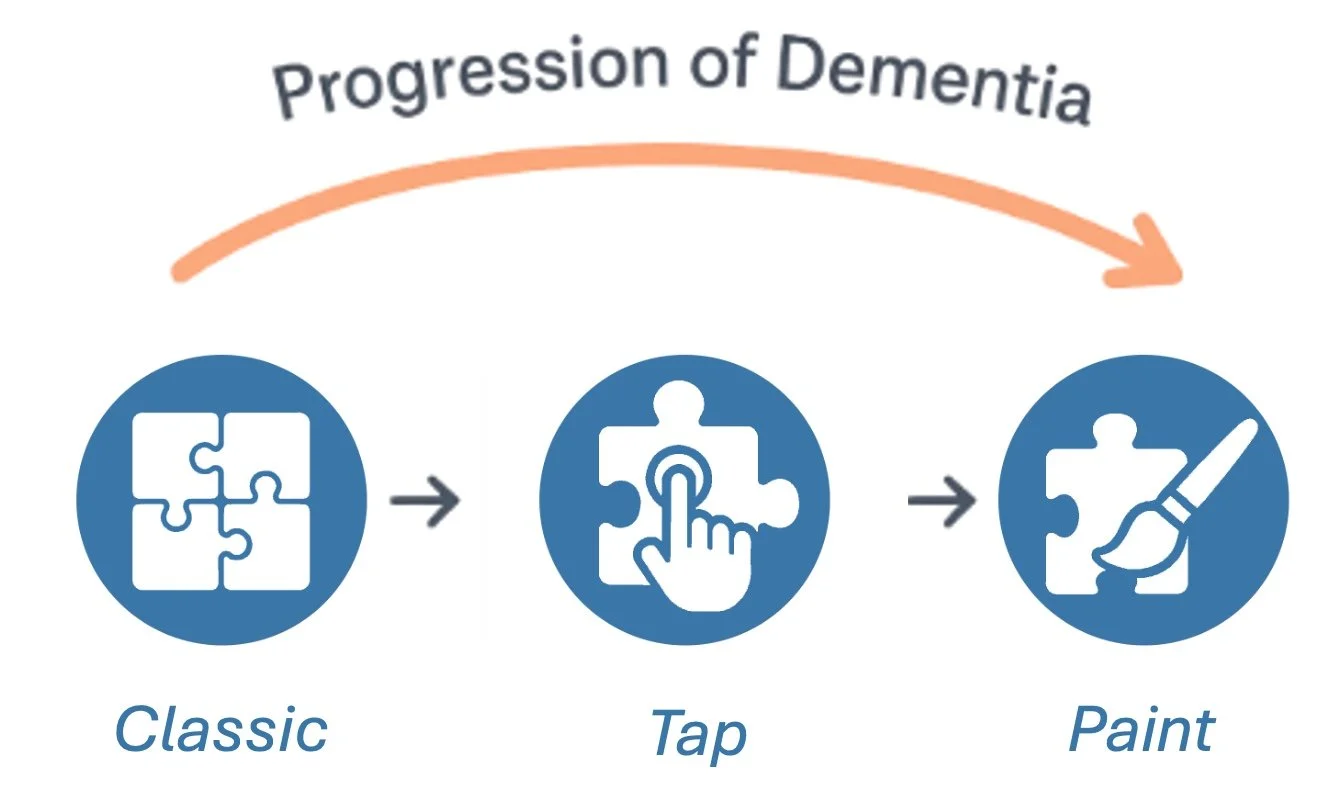Therapeutic jigsaws: brain training for dementia
Stimulate thinking, support memory, facilitate conversations and moments of connections
Each completed image can prompt memories and stories, helping loved ones reconnect in the moment.
When used during visits with family and grandchildren, Therapeutic Jigsaws can bring light, laughter, and a shared sense of success and connection.
Our Therapeutic Jigsaws are specially designed for people living with dementia, offering gentle cognitive stimulation through enjoyable, accessible puzzles. Each completed jigsaw creates an opportunity for conversation, recognition, and connection — making this a rewarding activity for individuals and families alike.
Jigsaws have long been known to support attention, visual-spatial skills, and problem-solving. We've reimagined them to meet the changing needs of people with dementia, with three calming and confidence-building puzzle styles. Making it accessible as the condition progresses from 60 piece classic jigsaw puzzles to painting a puzzle with gentle swiping movements.
What makes these jigsaws therapeutic?
Cognitive stimulation in a safe, enjoyable format
Supports memory, attention, and focus
Encourages conversation through meaningful images
Promotes emotional wellbeing with a sense of achievement
Easier formats as dementia progresses.
3 different styles of therapeutic jigsaw puzzles
-
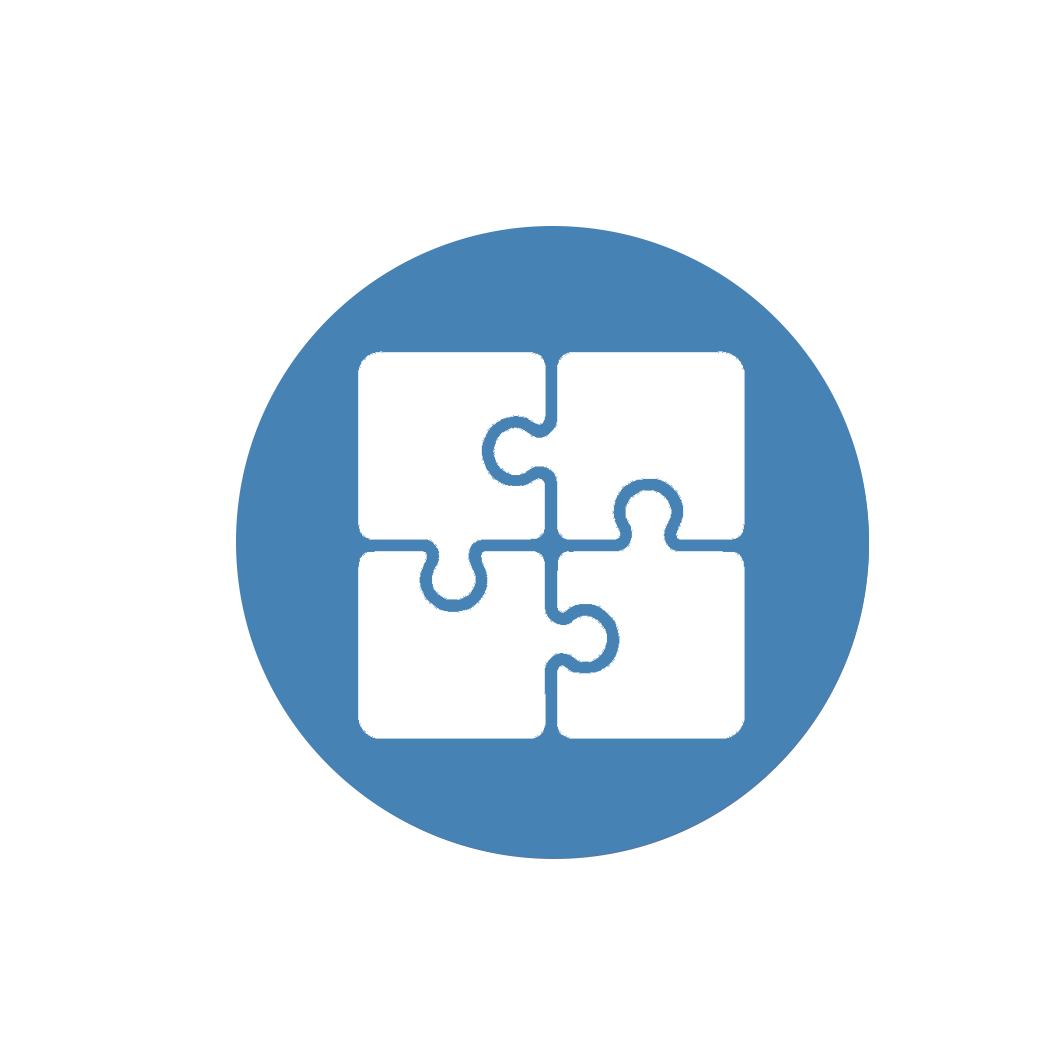
Classic jigsaw
Traditional jigsaw with between 2 and 60 pieces. Ideal for those who enjoy matching shapes and completing the full picture. Supports spatial awareness, sequencing, and sustained attention.
-
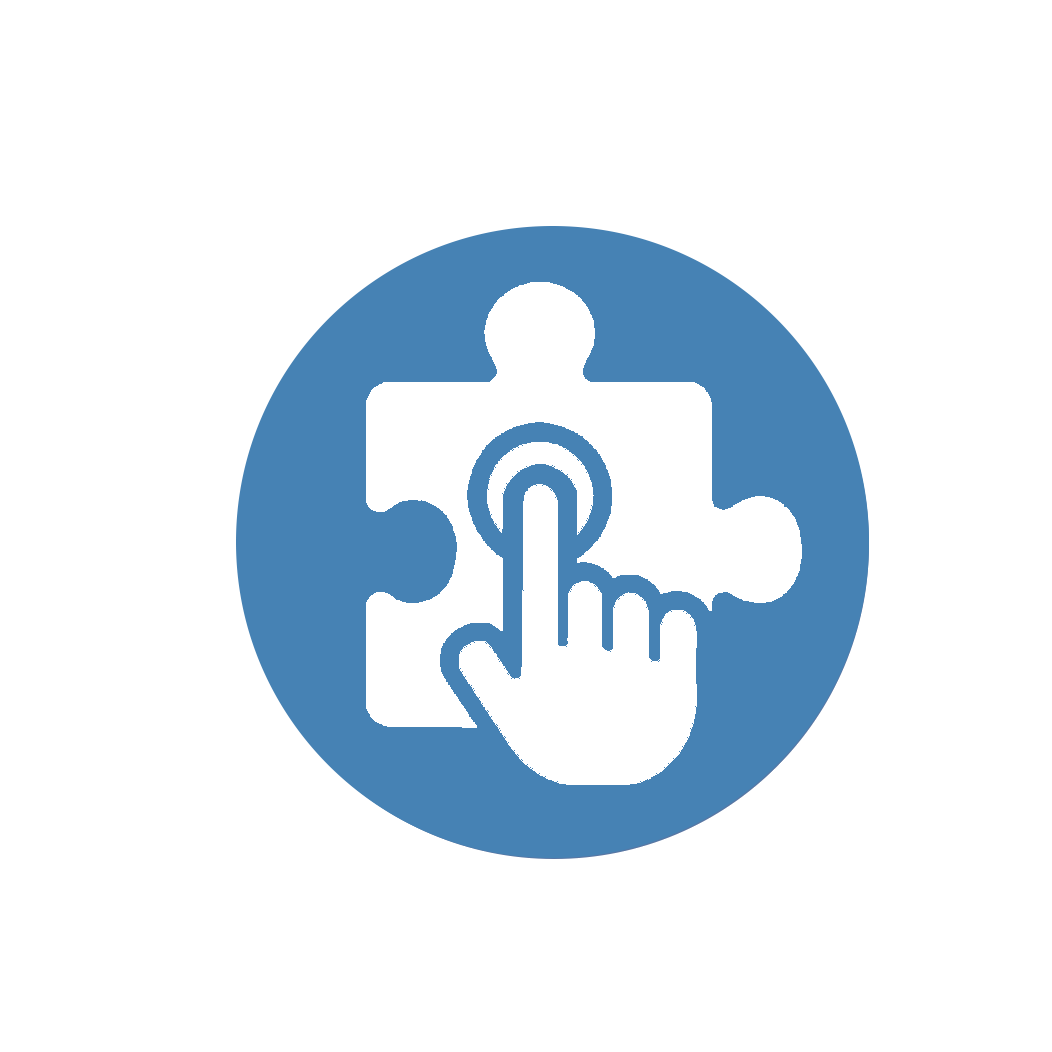
Tap jigsaw
Tap each piece to reveal hidden parts of the image. Perfect for those who can no longer shape pattern match required with the classic jigsaw. This style benefits from a simpler interface while still engaging the mind and memory and specific eye hand coordination.
-
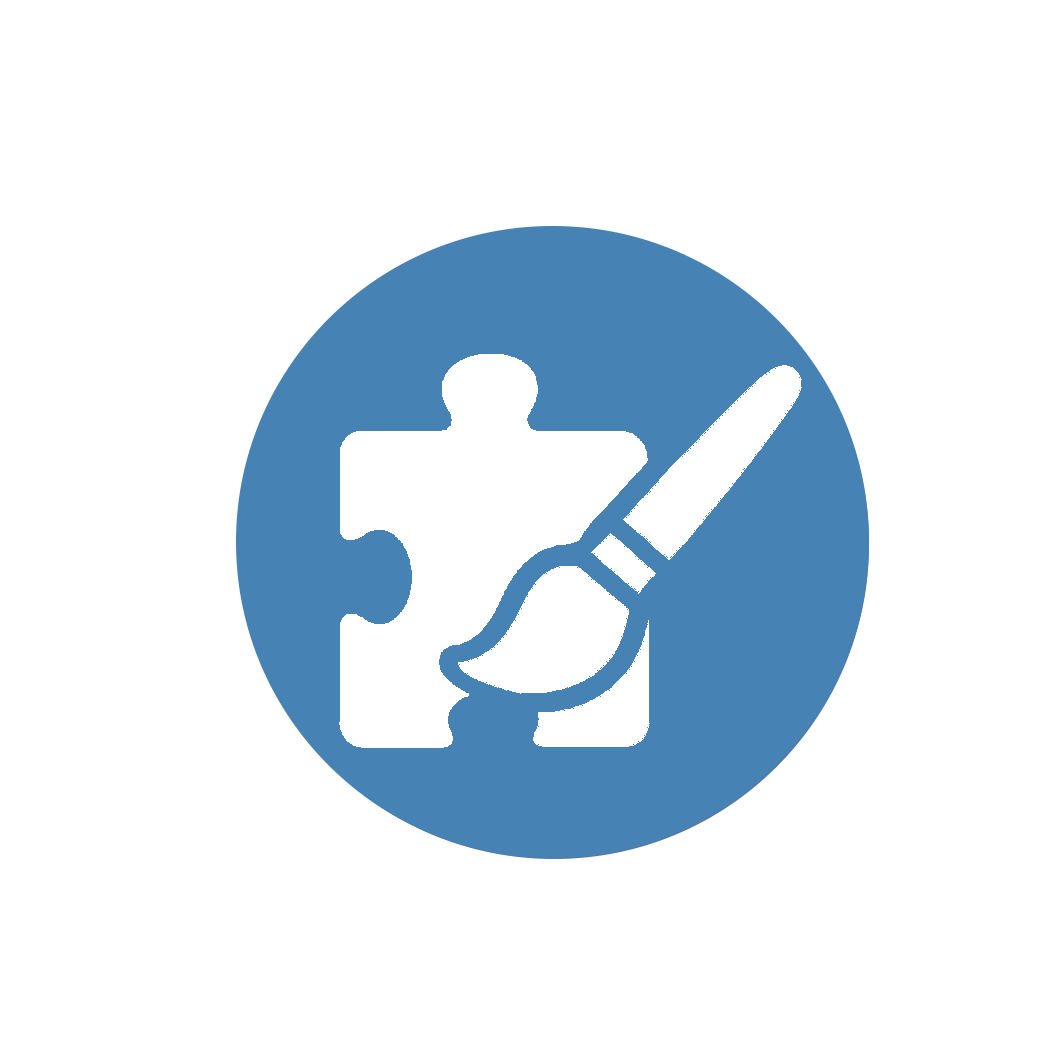
Paint jigsaw
Use your finger to gently brush over the image and watch it appear. A calming, soothing sensory experience designed for those who find reassurance in gentle movement and visual feedback but don’t have the eye hand coordination to complete the tap jigsaw.
What Makes Our Jigsaws Dementia-Friendly?
Unlike standard puzzle apps, Therapeutic Jigsaws – Brain Training for Dementia has been purposefully designed to support people living with dementia at each stage of the condition. Every feature has been thoughtfully created to reduce frustration, promote engagement, and deliver moments of joy and achievement.
Always the Right Way Up
All puzzle pieces are presented in the correct orientation, removing unnecessary confusion and supporting success — especially important as visual-spatial processing changes.
Just-Challenging-Enough
Choose from a wide range of puzzle sizes — from 60 pieces down to just 2 — allowing each person to find the level that stretches focus and attention without becoming overwhelming.
Corners-Only Mode
A unique setting lets users complete a puzzle using only corner pieces. This offers the feeling of completing a more complex puzzle with a much simpler level of challenge, supporting self-esteem.
Edge Tray Feature
Puzzles can be filtered to show only edge pieces in the tray, helping to maintain clarity and reduce distraction — a simple feature with a big impact on focus and engagement.
Designed for Every Stage of Dementia
As dementia progresses, interaction becomes simpler by starting with classic jigsaw and moving to tap jigsaw and then paint.
Reward on Completion
Each puzzle includes a warm, encouraging completion reward to produce feel-good emotions, boost confidence, and reinforce a sense of success
Clinical Tip:
Think confidence and connection not challenge
The aim is to build confidence and create success. It’s far better to complete three small piece puzzle in a row, each ending with a rewarding moment and a sense of achievement, than to struggle through one larger puzzle that might lead to frustration or loss of focus.
Interested in becoming a beta tester?
Do you want to become part of our journey?
We are looking for families, carer and friends of somebody with dementia to try out our LifeStory and Brain Training App.
Your insights and experiences will help us make it even better before its officially launched on the App Store.
Thank you for your interest



